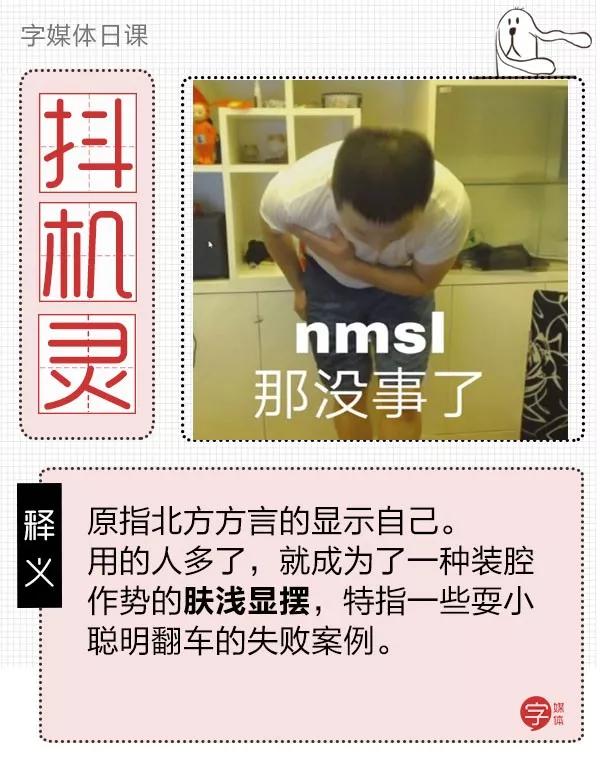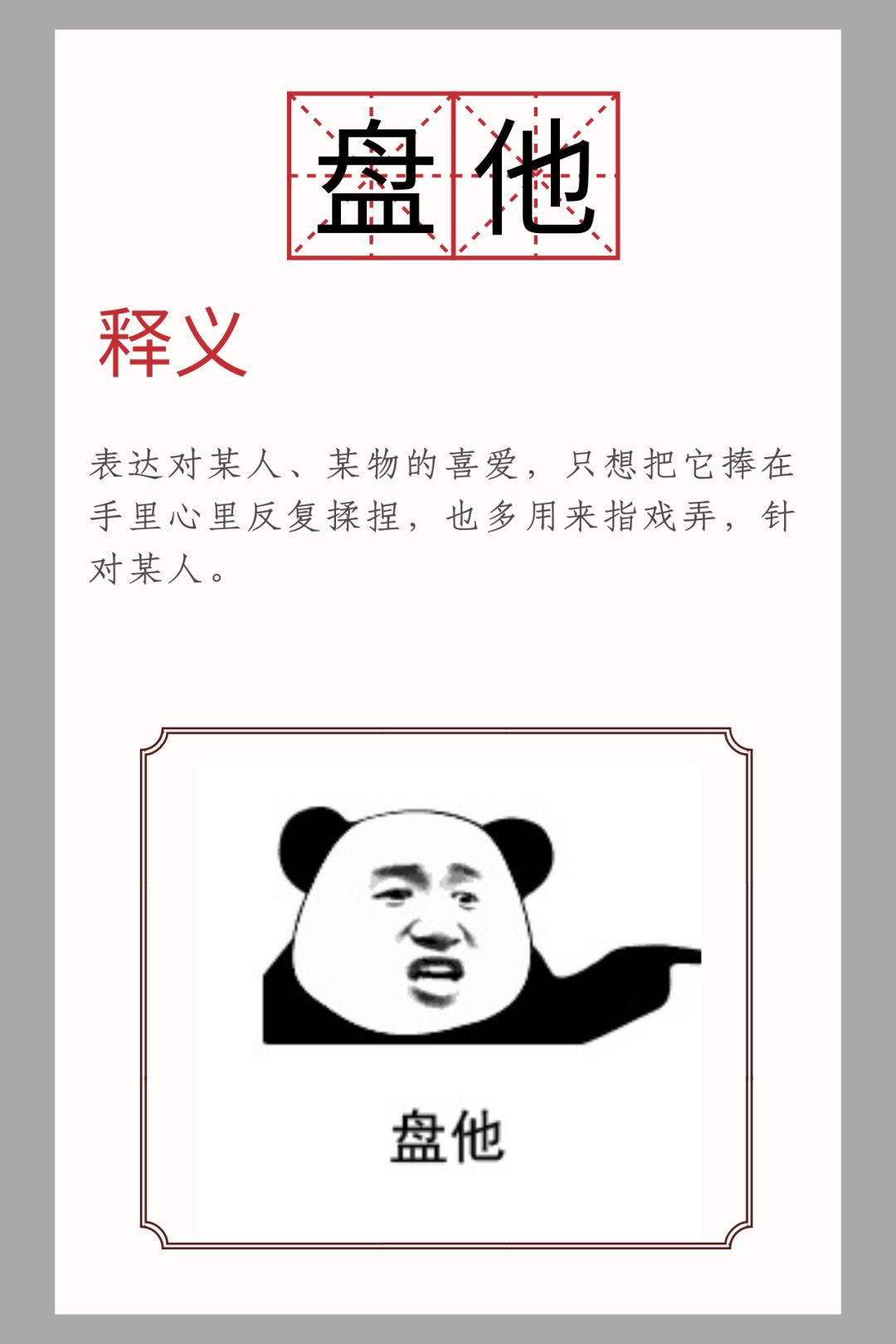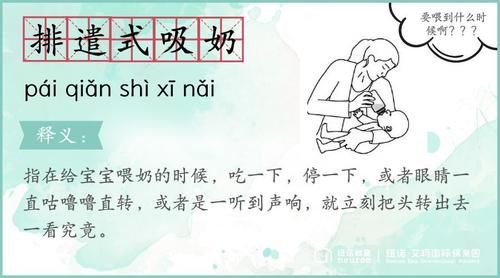Theinternet buzzwords seem to be a surging phenomenon in China. The fast-changingand great amounts of internet buzzwords bring us a great deal of fun.
But do you know how to chat with your foreign friends with Chinese buzzwords? How tointroduce these buzzwords to them? Just read below!
1.Ripping off your name tag 撕名牌
“撕” means to “rip off,” and “名牌” refers to a “name tag.” Literally translated as “ripping off one’s name tag,” this term refers to a game made popular by reality TV show “Running Man.” In the game, two or three rival teams with the same number of members try to rip off the name tag attached to their rival’s back and keep their own name tag intact. Bottom line: contestants are not allowed to hurt others while playing the game, which involves running and a bit of wrestling.

这词来源于跑男的一个游戏,融合了跑步与摔跤的技法。规则很简单,在不伤害对方的情况下,撕下对手粘于身后的名牌。
2.Wanna date me? 约吗?
“约” means to “make an appointment,” and “吗” is a marker for question. Originally, this term was used as a euphemism for “sex without strings attached.” However, it has been jokingly used by Chinese netizens in more general circumstances. Therefore, when someone asks you “约吗,” he or she simply asks if you want to join an activity with them, like going to the movies or shopping.

“约吗”一词在网络上本义指“没有附加条件的性行为”。但是,中国网民现在已更多地把它应用在调侃上,泛指各种条件的邀约。约饭,约电影,都可以用这个词。
3.Flirty teens 骚年
“骚” means “flirty,” and “年” means “year.” This term, however, is the Fujian dialect pronunciation for “少年” (teens). Chinese netizens have jokingly used it to refer to “teens,” with an implication that beneath the awkward silence of teens are their restless young souls craving for romance and all the other excitement of life yet to spread before them. Some say this term is better used on sentimental teens.

骚年一词本来是对福建人“少年”一词发音不准的调侃。现在中国网民通常用它来形容一些离经叛道的怪异行文。但是也有人认为这个词应用来形容多愁善感的少年。
4.I feel sick now 整个人都不好了
“整个” means “the whole of,” “人” means “person,” “都” is used to accentuate something, and “不好了” means “not good.” This expression, originally appearing in classical Chinese novel “A Dream of Red Mansions,” literally means “One is in a terrible condition, like, suffering a serious disease.” Chinese netizens, however, use the expression as a hyperbole in situations where they feel shocked or helpless.

这个词比较高端,最初见诸于中国古典名著红楼梦,字面意义指一个人处境很不好,比如生病了。中国网民现在通常会在他们受惊或者无助的时候,用它来夸张自己的感觉。
5.Dried Shrimp (What's up?) 虾米
“虾米” literally means “dried shrimp,” but Chinese netizens use it in a different sense. In Fujian dialect, “虾米” is the homophone of “什么,” which is translated as “what.” Young people often use the term in this sense in online chat, which sounds sweet and lovely.

虾米的字面意思就是瞎干,但是中国网民可不这么认为。在福建方言里,它是“什么”一词的谐音。骚年们在网聊时通常会用“虾米”取代“什么”,感觉萌萌哒。
6.Making a remark online 冒泡
“冒” means to “rise above the surface,” and “泡” is a “bubble.” Literally, “冒泡” means “bubbles rising to the surface.” Chinese netizens now use it to mean “making a remark online,” as in contrast to “潜水” (diving).

冒泡的字面意义是水里冒起了泡泡。但在网络语言里,冒泡指的是在群里发言,以对应于“潜水”。
AD: 超级福利等你来下载











